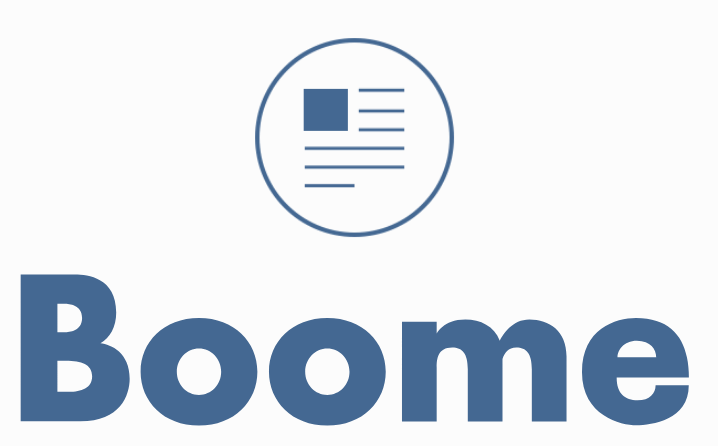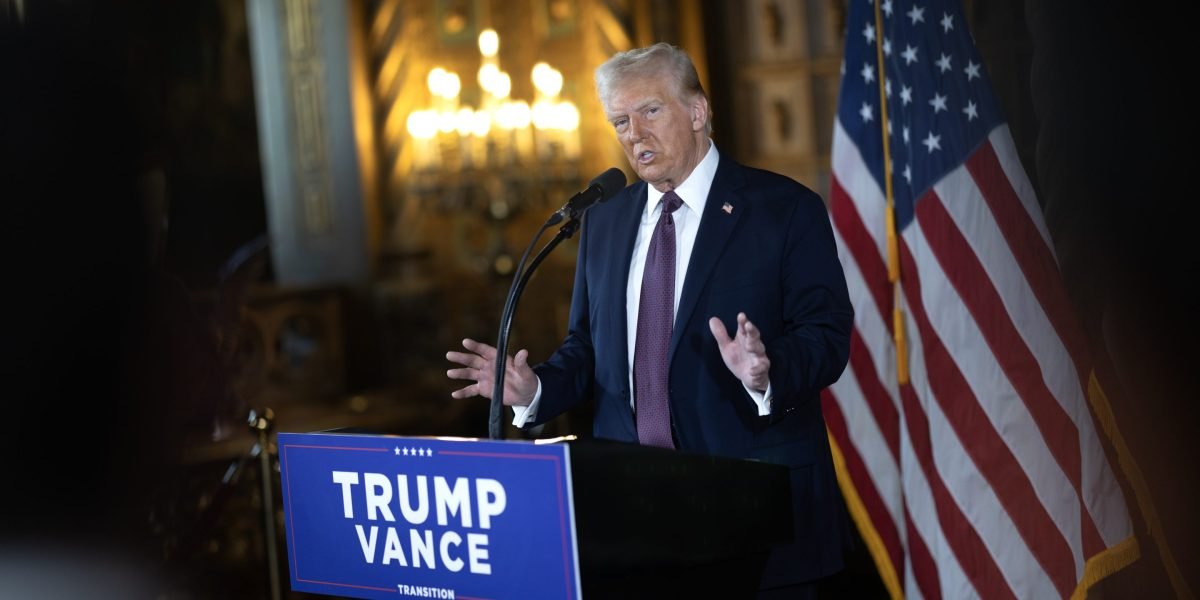Dollar slides as Donald Trump shies away from immediate trade tariffs

Unlock the White House Watch newsletter for free
Your guide to what the 2024 US election means for Washington and the world
The US dollar was on course to post its steepest sell-off since November 2023 as President Donald Trump vowed to enact sweeping tariffs, but stopped short of announcing specific trade curbs.
The dollar index, a measure of the currency against six peers, fell as much as 1.3 per cent by late afternoon in New York, FactSet data shows.
Monday’s slide came as Trump in his inauguration address said “we will tariff and tax foreign countries to enrich our citizens” — but refrained from announcing further details of his plans.
Trump administration officials said earlier on Monday that the president intended to evaluate trade relationships with Mexico, Canada and China, but signalled he would stop short of rapidly imposing fresh tariffs.
James Nelligan, a strategist at JPMorgan Chase, said that “no tariff implementation immediately . . . would be a short-term disappointment for the dollar and it has understandably knee-jerked weaker in sympathy”.
However, he added there was still scope for “potentially aggressive tariffs down the line once the reviews of trade relationships by federal agencies have taken place”.

Markets have been betting since early October that Trump’s proposals for trade tariffs and tax cuts would stoke inflation, pushing the Federal Reserve to keep interest rates higher for longer.
Sterling, the euro, the Mexican peso and the Canadian dollar all leapt at least 1.1 per cent each against the dollar on Monday.
“The dollar was very overbought and has been for weeks now. A correction was coming,” said Brad Bechtel, global head of FX at Jefferies.
Wall Street was closed on Monday. US government bonds have sold off recently, partly in anticipation of the inflationary impact of tariffs on the US economy.
“The one thing the [currency] market had expected was more volatility,” said Chris Turner, head of financial markets research at ING. “And we’re certainly seeing that.”
European equity markets closed in positive territory. The broad-based Stoxx Europe 600 finished up 0.1 per cent, while Frankfurt’s Dax rose 0.4 per cent. London’s FTSE 100 added 0.2 per cent, taking it to a fresh record high.
Oil prices were lower after Trump declared an “energy emergency” in his inaugural speech, with promises of opening up federal land for oil exploration. Brent, the global benchmark, was down 0.9 per cent to $80.03 a barrel, while WTI, its US counterpart, was down 1.7 per cent to $76.58 a barrel.
https://www.ft.com/__origami/service/image/v2/images/raw/https%3A%2F%2Fd1e00ek4ebabms.cloudfront.net%2Fproduction%2F8564d8c5-a8a7-4ab6-a96b-92d12952c3e6.jpg?source=next-article&fit=scale-down&quality=highest&width=700&dpr=1
2025-01-20 22:16:46





